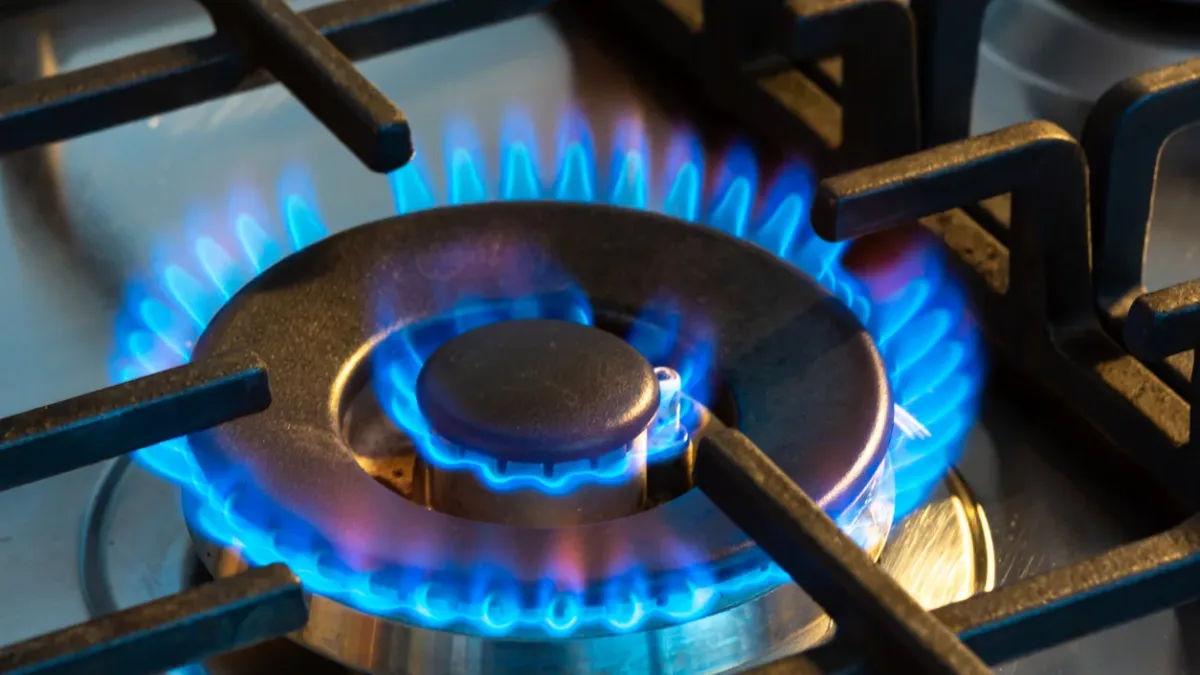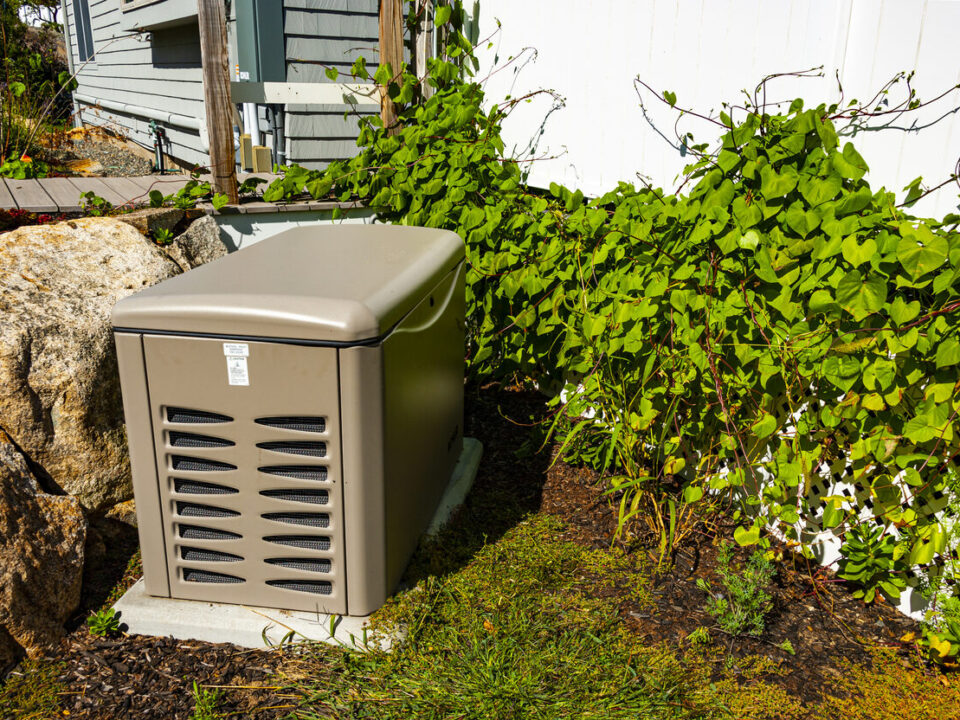What are the differences between natural gas and carbon monoxide leaks? Find out here!
Today, many of us rely on natural gas to heat our homes and fuel our appliances. While using natural gas fixtures is quite safe the vast majority of the time, there are times when leaks or malfunctions can cause serious problems. Natural gas fixtures can cause both carbon monoxide and natural gas leaks, and no homeowner wants to encounter either type of leak.
However, while carbon monoxide and natural gas leaks are both dangerous, these are two very different gases that carry unique risks. Understanding the differences between a natural gas leak and a carbon monoxide leak can potentially save your life and protect your family and property from harm.
With all that out of the way, let’s dive into what exactly these two gases are, what dangers they pose and how to detect them, and some common questions people have about both.
Natural Gas
Natural gas is a fuel used to heat homes and power appliances such as stoves. Most people will likely never have problems with the natural gas system in their homes; however, leaks are always a possibility homeowners should be on the lookout for. You’ll typically be able to smell a natural gas leak, as it has a pungent scent like rotten eggs or mold. Overall, natural gas is a commonly used fuel source that only becomes dangerous when it’s not where it’s supposed to be.
Carbon Monoxide
Carbon monoxide is not a fuel used for homes. Instead, it’s a type of gas that is created from improper combustion in a fixture or appliance such as a furnace, stove, oven, or fireplace. It is created as a byproduct and needs to be expelled from your home via a professionally installed ventilation system. Carbon monoxide is a scary problem to deal with; it is often undetectable and can pose a serious threat to your and your family’s health.
Understanding the Differences
It’s crucial to differentiate between carbon monoxide and natural gas. While they’re both potentially harmful gases that can come from the same fixtures and appliances, how one detects each type of gas and the dangers each poses are quite different.
Detection
Understanding how to detect natural gas and carbon monoxide can be crucial to maintaining your family’s safety. Natural gas is easy to detect thanks to its distinctive odor, but carbon monoxide is colorless and odorless. Therefore, every home needs to have at least one special carbon monoxide detector. Without a detector, you probably won’t know that there is carbon monoxide in your home until it’s too late.
Dangers
Natural gas and carbon monoxide are both dangerous, but they threaten your family and property in distinct ways. Simply put, natural gas is an explosive killer while carbon monoxide is a silent one. The main danger of a natural gas leak is that even the smallest ignition can produce a major fire or explosion. Meanwhile, carbon monoxide will cause headaches, physical weakness, flu-like symptoms, and in the worst cases, death, all without the person understanding what is wrong if they don’t have a detector.
Frequently Asked Questions
Natural gas or carbon monoxide: which is more dangerous?
Trying to decide whether carbon monoxide or natural gas is more dangerous is hard to do. If left unattended, both have a serious likelihood of harming you, your family, and your property. At the end of the day, they’re both extremely dangerous, and if you detect any sign of either of them, you should evacuate the area and then call emergency services.
Will a carbon monoxide detector find natural gas in my home?
Unfortunately, a carbon monoxide detector usually won’t pick up on a natural gas leak. But, because natural gas has distinctive elements such as mercaptan added to it, paying adequate attention to your home will usually allow you to sniff out a problem quickly.
How can I avoid gas leaks?
The key to avoiding gas leaks of any kind is to ensure your appliances are cleaned and well-maintained, as well as to take precautions before an issue arises. Having professionals install and maintain your appliances and ventilation systems will cost you some money, but you’ll be saving money down the line by avoiding potentially devastating problems. And at the end of the day, you can’t put a price on your and your family’s lives.
Rely on Joe the Plumber for Top-Notch Gas Line Repairs!
Does your home use natural gas appliances? Then you should turn to the experienced professionals at Joe the Plumber! For decades, we’ve helped property owners keep their homes in tip-top shape with a range of excellent services. Our experts can handle gas line repairs correctly and efficiently to ensure your safety. To learn more or schedule your service, get in contact with us today!






